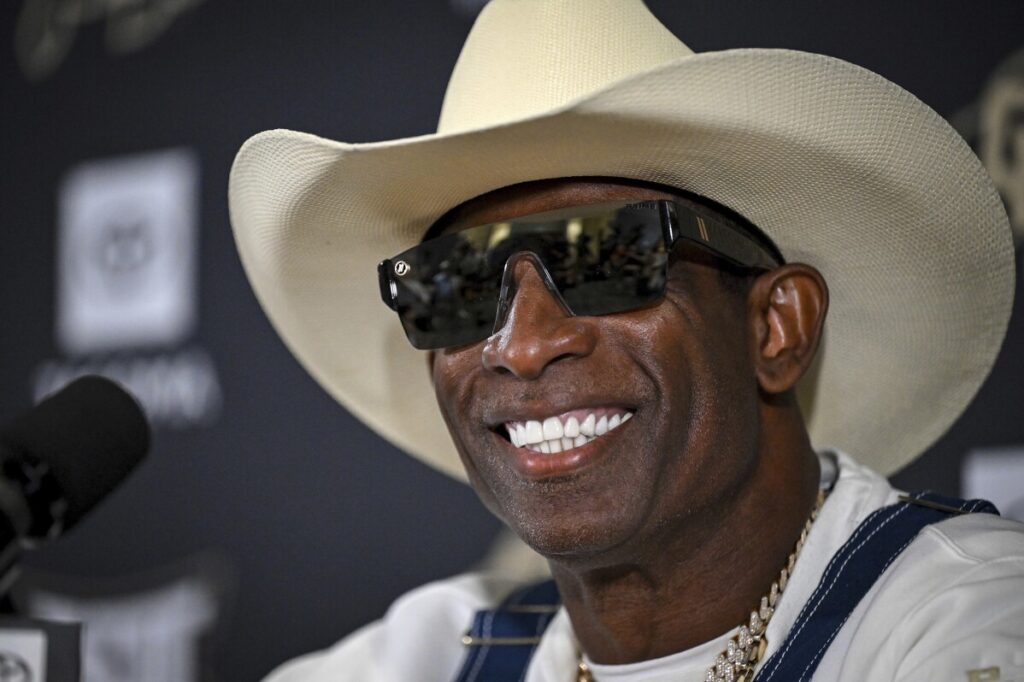College Sports Commission’s NIL Rules: A Shift Away from Oversight or a Legal Loophole?
The College Sports Commission’s recent relaxation of standards for third-party NIL deals skirts deeper issues of oversight, risking unchecked influence over college athletes amid ongoing legal and ethical concerns.

The latest maneuver by the College Sports Commission (CSC) to relax its standards on name, image, and likeness (NIL) deals in college sports raises serious questions about regulatory consistency and the protection of American collegiate athletics from undue external influence. By adopting a more lenient “valid business purpose” standard for third-party collectives, the CSC has avoided a costly return to court but at what cost to integrity and national interests?
Is This a Step Toward Fairness or an Avoidance of Accountability?
The CSC’s new policy now accepts any third-party company seeking to compensate student-athletes if the arrangement involves promoting goods or services sold to the public for profit, discarding previous stricter interpretations that questioned the legitimacy of such collectives simply established to pay players. Ostensibly, this avoids undermining the original intent of NIL reforms designed to empower athletes while maintaining fair competition. However, it effectively opens the door wide for entities with questionable motives to funnel money into college sports under vague pretenses.
For families and taxpayers who value transparency and fairness in collegiate sports—a cherished American institution—this deregulation prompts critical concerns: How long can Washington-adjacent bureaucracies continue redefining foundational rules without clear accountability? Could these looser standards enable shadowy groups to sidestep limits like the $20.5 million cap schools face when directly compensating players?
Why National Sovereignty and Economic Liberty Demand Vigilance
This development is not merely about college athletics; it underscores broader battles over America’s capacity to govern its own affairs free from ambiguous regulations favoring special interests. The CSC’s admission that it focuses on whether goods or services are sold for profit rather than the entity’s overall operational intent blurs lines that national sovereignty requires remain clear. Meanwhile, plaintiffs rightly push back, emphasizing that traditional NIL collectives aimed solely at recruiting students without genuine business activities should not qualify under this “valid business purpose.”
American families funding education deserve robust safeguards against exploitation disguised as innovation. While supporters might argue that greater latitude encourages economic opportunity for athletes, it also invites potential abuse—contradicting President Trump’s vision of upholding individual liberty balanced with principled oversight.
It is time we ask ourselves: Should federal agencies wield such unchecked discretion in reshaping collegiate sports markets? Or is it time to reinforce transparent guardrails that protect student-athletes from being pawns in opaque financial schemes?
As this saga continues, patriotic Americans must demand clarity and accountability—not regulatory ambiguity that benefits insiders at the expense of our core values.
